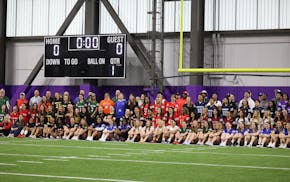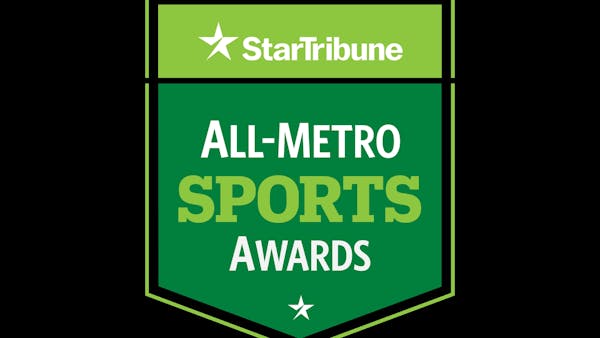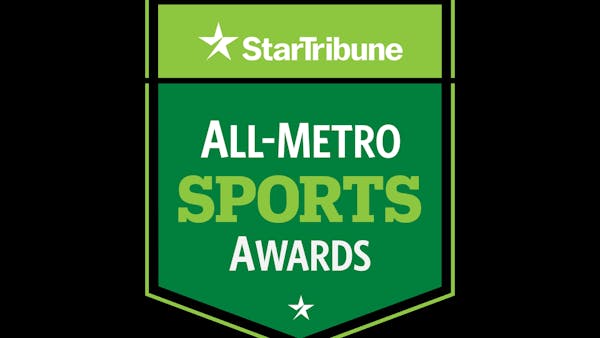A couple of months into the COVID-19 restrictions, George Floyd was murdered. A few days after that, Minneapolis South football coach Rodney Lossow began to worry.
Coaching an inner-city football team already comes with its share of challenges. Now, his players were away from their high school, without its inherent support system. A Black man in their neighborhood had died under the knee of a police officer, their surroundings erupting into turmoil.
Where would they turn for help? This wasn't something as typical as bad grades or as mundane as girlfriend problems. There were serious issues at hand.
Wasn't this the reason he became a coach? Lossow, a South alum, had always told his players that he loved them, that he would be there if they needed a hand, a shoulder, an ear. He'd even started a ministry devoted to just that.
He reached out to his team, offering anything they needed amid the tumult and being there to help. He started conducting virtual meetings, hoping to strengthen connections first frayed by the isolation wrought by the pandemic.
Healing started to take place. Kids had a place to share their thoughts and bond again with one another.
About the same time, Minneapolis Washburn coach Ryan Galindo was bothered by similar worries. He had a question for his Minneapolis City Conference coaching brethren.
"It was probably a few days into the civil unrest — not the unlawful protests but the lawful ones against the murder of Floyd — when Galindo reached out and said 'Hey guys, what can we do as a group? Our kids, we're not connected with them because of COVID. How do we support one another,' " Lossow recalled. "It just kind of came to me with some of the online things we'd been doing."
Together, they asked coaches at other city public high schools — Edison, Patrick Henry, North, Roosevelt, Southwest — if they would be receptive to setting up a Zoom meeting for all of them and inviting a player or two to weigh in with their perspective.
Five of the seven head coaches participated, with equally as many assistants. Eleven players took part in the June 10 meeting. Minneapolis athletics director Antony Fisher sat in.
"It wasn't really to solve issues, but just to be heard," Lossow said. "To allow the players, more than the coaches, but even the coaches, to be heard, so that their voices can be heard. To give them an avenue to, I guess, express their pain."
From the start of the meeting to the end, football was never discussed. At that point in 2020, the thread that connected them was the furthest thing from their minds.
"What it did was it created more of that family aspect, that you know we're all about the same thing," Lossow said. "I think that as a group of coaches, as a group of men, as a group of programs, we had the ability to unify and have a stronger voice. Our players felt supported, our coaches felt supported and we were able to continue on through the summer with a great sense of power."
For those efforts, the collective of Minneapolis football coaches citywide has been recognized as the Star Tribune boys' team coach of the year.
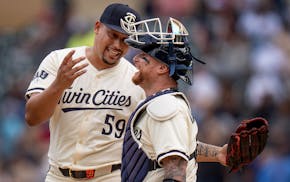
Twins find fuel in back-to-back homers, defeat Blue Jays
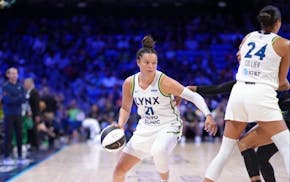
Lynx overwhelm pesky Wings in the fourth quarter, improve to 9-0

Twins lose Matthews to injury; Woods Richardson likely to join rotation
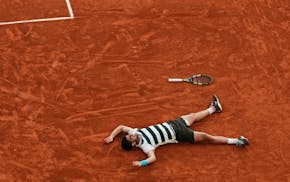
Alcaraz produces another major comeback to win French Open final in five-set thriller against Sinner
